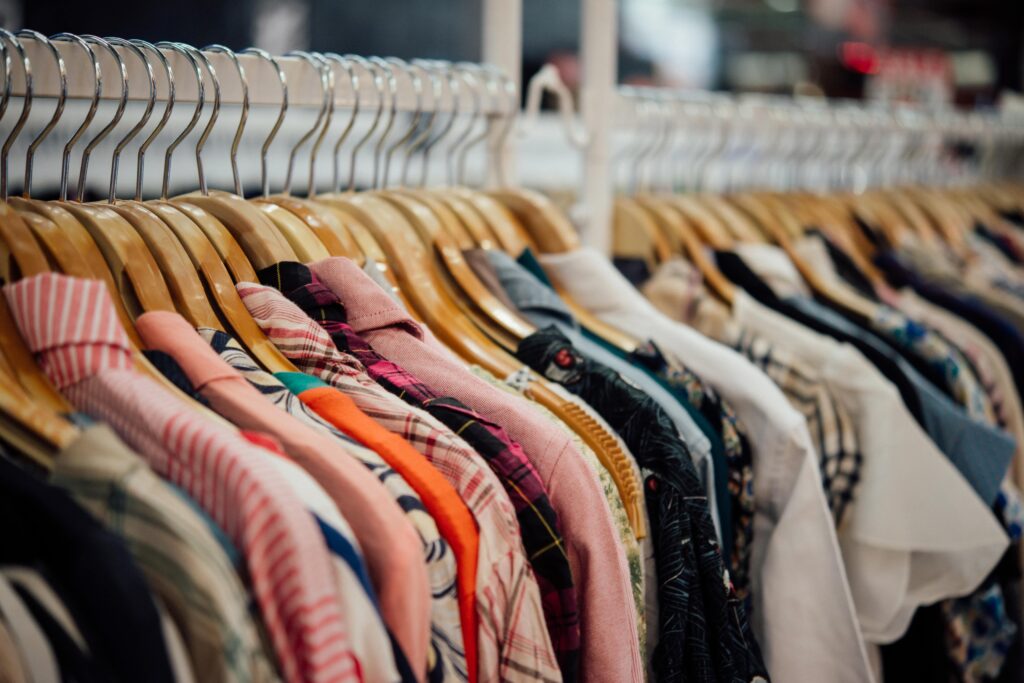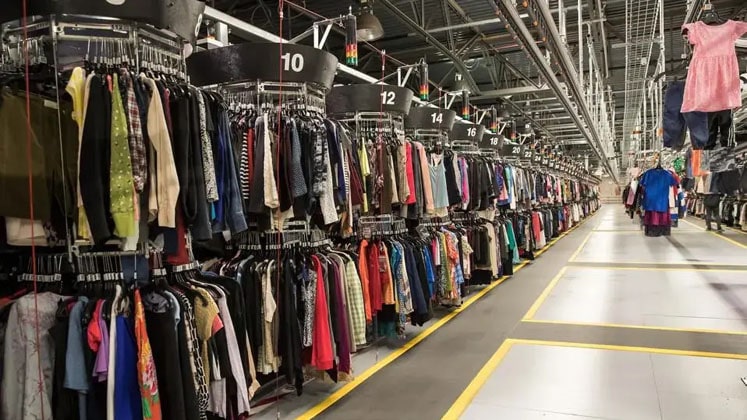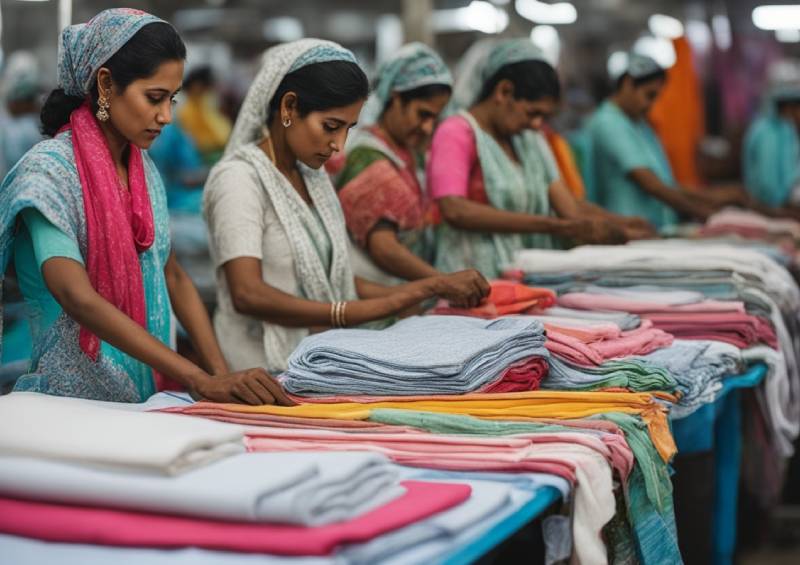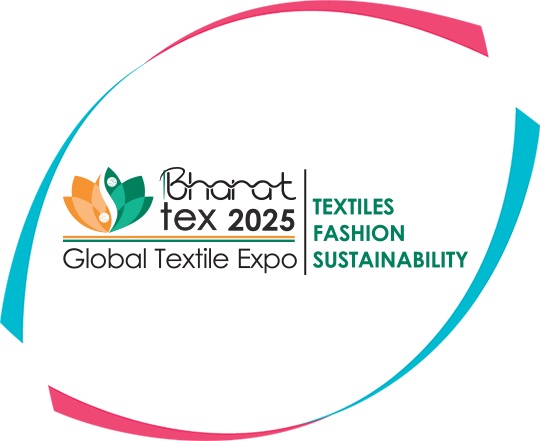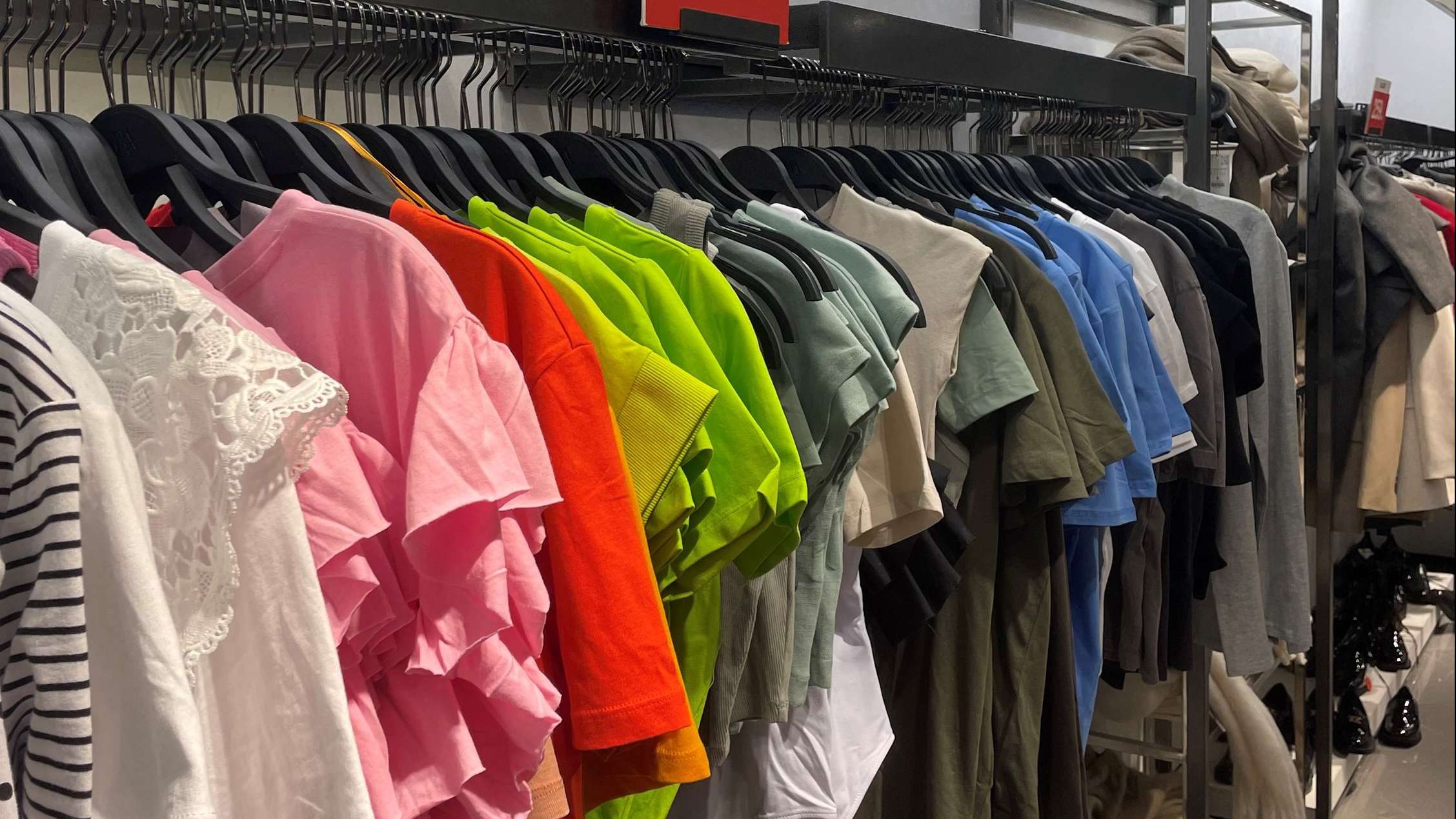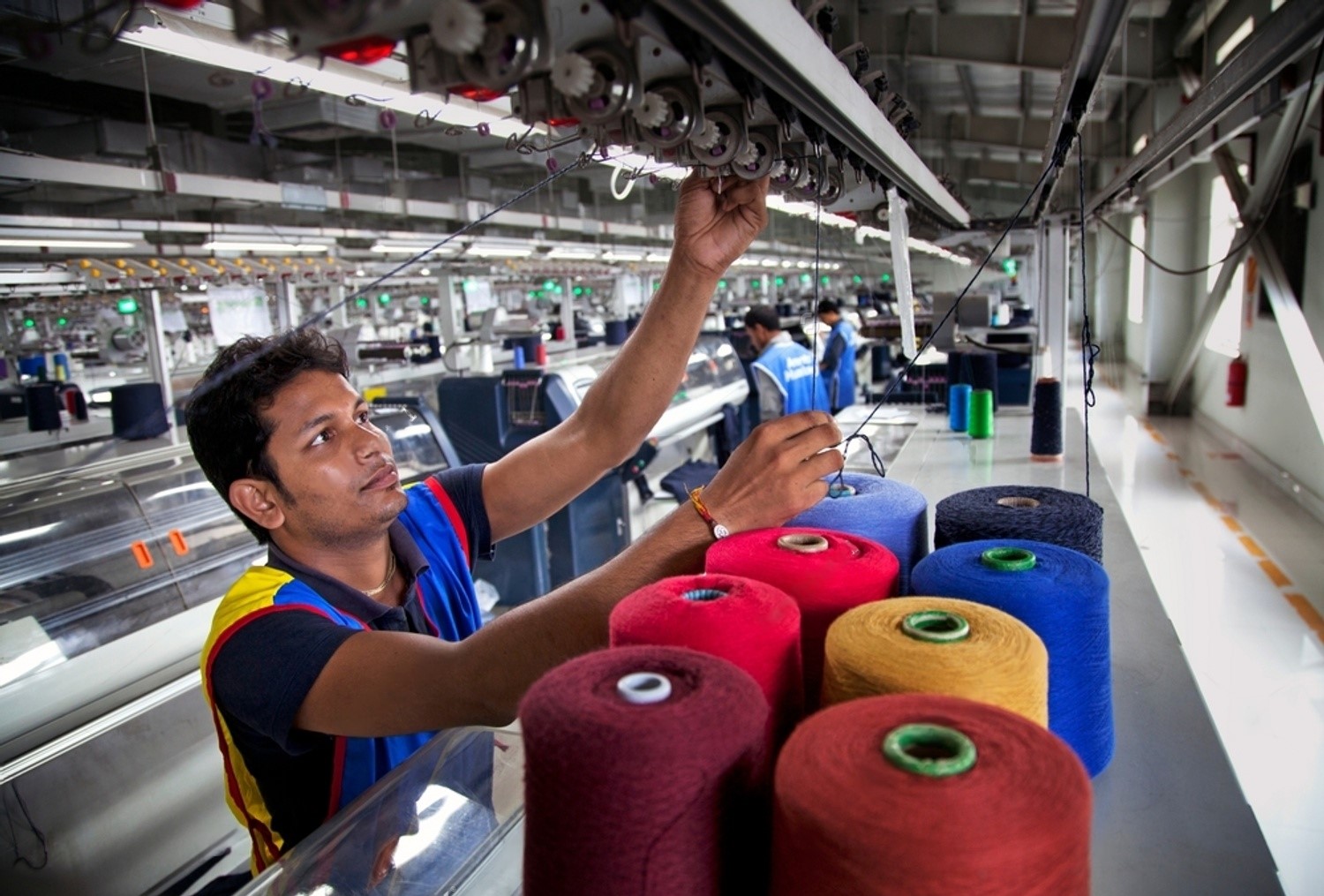"In line with various eco-efforts being taking place globally, non-profit organisation Fabscrap has invited clothing brands, designers, tailors and others in New York City to sign up for textile pickup and recycling. The organisation provides reusable bags in two colours – black for proprietary materials and brown for everything else that any business creating textile waste can order as and when needed. Pickup can then be scheduled with Fabscrap, and fabrics are sorted by volunteers (an estimated 150 per month)."

In line with various eco-efforts being taking place globally, non-profit organisation Fabscrap has invited clothing brands, designers, tailors and others in New York City to sign up for textile pickup and recycling. The organisation provides reusable bags in two colours – black for proprietary materials and brown for everything else that any business creating textile waste can order as and when needed. Pickup can then be scheduled with Fabscrap, and fabrics are sorted by volunteers (an estimated 150 per month).
Fabscrap processes fabric scraps, cuttings, headers, mock-ups, samples, overstock bolts, production remnants, and any other unwanted excess fabric for recycling or reuse. So far, Fabscrap has recycled discarded textiles from New York designers such as J Crew, Eileen Fisher, Marc Jacobs, Nautica, Oscar de la Renta and more. Proprietary material and small scraps are shredded to create insulation, carpet padding, furniture lining, moving blankets, etc. Whenever possible, Fabscrap utilises fibre-to-fibre technologies; currently this technique is being used for 100 per cent cotton, 100 per cent polyester, and 100 per cent wool materials. Collected material that is not propriety is open to students, artists, crafters, quilters, sewers, teachers, and of course, other designers for ‘shopping’ by appointment at Fabscrap’s warehouse, or online through Queen of Raw. Founded in 2015 by Jessica Schreiber, Fabscrap has recently shifted to a 4,100 sqft space at Brooklyn Army Terminal (BAT) in Sunset Park, which is the second largest garment manufacturing hub in NYC outside of the Garment Center.

Meanwhile, fashion-tech innovation agency BRIA and fashion brand Sabinna have collaborated to transform a fashion capsule collection of wardrobe ‘staples’ into 100 per cent biodegradable materials for use in garment packaging and shop interiors. With the aim to maximise the circular aspects of production and recycling, the teams co-designed and made the garments solely from cotton and viscose. Non-toxic chemical processes were selected to dissolve the garments and reclaim the fibres for use in other 100 per cent cellulose-based materials, which are biodegradable. Compared to mechanical recycling, chemical processes use less water, generate less waste, and require no bleaching. The resulting materials are similar to paper, card, plastics and even wood, and can be used for a variety of applications. The collection will be used as a proof-of-concept, demonstrating to other brands that these new processes can be used to divert cotton and viscose apparel from landfills by transforming it into packaging, tags, shop interiors, and more at the end of their use.
Producing new materials from garments already in landfills is also an option; it would not require consumer engagement but would still provide an environmentally beneficial way for brands to produce packaging or store material. However, it may be easier for brands to face the challenges of customer engagement depending on the measures and infrastructure they already have in place.
Repreve recycled performance fibre
Lead contamination remains an issue despite that the water testing results were in the news back in October 2015, so residents still rely on bottled water for cooking, washing and drinking. Millions of plastic bottles now add to the community’s burdens. When award-winning artist Mel Chin learned about the issue, he knew he wanted to help. The result: a fashion project called Flint Fit, which brought partners in Flint, New York City, and Greensboro, NC, together in time, function and fashion.
At Chin’s instigation, more than 90,000 used water bottles were collected by the people of Flint over the course of six weeks. Once sorted, the bottles were sent to Greensboro-based textile manufacturer Unifi, Inc., where they were cleaned, shredded and transformed into Repreve recycled performance fiber. The Repreve fiber was then sent to Mount Vernon Mills and Texollini where it was woven and knit into fabric.
Jay Hertwig, group VP – global brand sales, Unifi, stated that they are able to transform plastic bottles into Repreve for products that people enjoy every day. Using this fabric, renowned New York fashion designer and Michigan native Tracy Reese designed a capsule collection for Flint Fit inspired by the power and necessity of water, manufacturing history of Flint, and resiliency of the Flint community. Reese’s designs were brought to life by at-risk women in the commercial sewing program at St Luke NEW Life Center in Flint, who sewed the recycled fabric into rainwear and swim garments. The Flint Fit designs debuted on April 8 at the opening of Chin’s All Over the Place exhibit at the Queens Museum’s Watershed Gallery, where they will remain on display until August 12, 2018.


